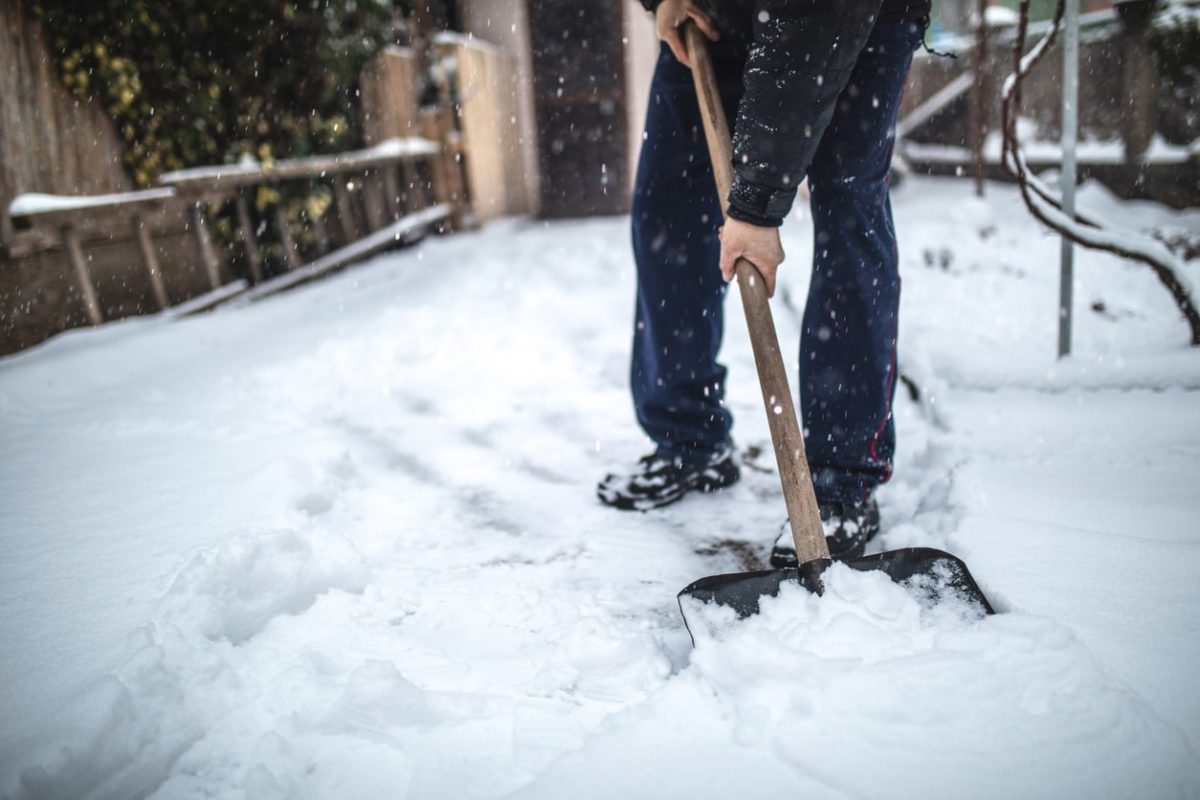Assisted living facilities face many challenges in their daily operations. From providing competent and compassionate resident care to managing employees and physical assets, these facilities rely on risk management strategies in order to thrive. Winter weather represents a time of year when long-term care facilities experience unique risks, including risks that put residents and staff in danger of injury. While assisted living facility insurance is designed to protect against many risks, winter conditions require special thought processes and preparation to mitigate hazards. Here’s how these facilities can continue to thrive even as the temperature drops in winter.
Winter-Related Hazards for Long-Term Care Facilities
It should come as no surprise that the leading risk in the winter months is that of slip and fall injuries due to snow and ice accumulation. When snow or ice is allowed to build up on exterior walkways, on steps, or in parking lots, everyone is at risk of injury – including residents, staff, and facility visitors. Care facilities should take the steps necessary to remove snow and ice, including sanding or salting walkways and shoveling or blowing snow away from entrances, steps, and paths.
No matter what time of year, elopement presents unique challenges to caregivers and facility staff. In freezing temperatures, however, a confused resident leaving the facility is at risk of serious, or even deadly, consequences. Prolonged exposure to cold can result in frostbite and hypothermia, negatively impacting residents’ health. If a resident should become lost in a winter storm after leaving the facility, he or she could perish. These winter-related tragedies can be avoided with a proactive approach to elopement risks. Staff members should ensure that door alarms are in working order, that video security systems are in place, and that exit doors are locked when applicable.
During patient transport, such as to another healthcare facility or for recreation, driving conditions in winter weather may be treacherous. When possible, staff and residents should avoid leaving the facility when snow and ice are in the forecast, unless such travel is for emergency purposes.
Driving conditions in the winter bring up another point about winter risks: emergency evacuations of facilities when there is a power or heating failure. Most healthcare organizations recommend sheltering in place during weather events, but in some cases, this may be impossible. Without adequate heating or electricity, residents may be unable to get the care they need, requiring evacuation to safer locations. Facility managers should have an emergency evacuation procedure in place long before winter weather approaches; failure to prepare in advance can have devastating effects on the health and safety of residents.
Preparation for Winter Conditions
As mentioned, assisted living facility managers should be prepared for winter-related challenges even before the season comes. This can include preparing emergency evacuation and inclement-weather procedures.
Staff should be adequately trained on the hazards winter weather brings. By training staff, this risk management process supplements the protection afforded by assisted living facility insurance. Training can include identifying hazards, providing care when infrastructure is compromised, and evacuation procedures, among many other topics.
If residents and staff must leave the facility for any reason during winter weather conditions, it is imperative that they are equipped with warm clothing and slip-resistant footwear. Again, the best practice is that travel should be avoided unless it is for emergency purposes.
Facility maintenance personnel have a duty to provide safe accommodations. By removing snow and ice from the premises, they can help to reduce slip and fall injuries of residents, staff members, and visitors to the facility. When all stakeholders are prepared for winter weather, those challenges can be more readily overcome, ensuring that residents and staff have safe places to live and work.
About Caitlin Morgan
Caitlin Morgan specializes in insuring assisted living facilities and nursing homes and can assist you in providing insurance and risk management services for this niche market. Give us a call to learn more about our programs at 877.226.1027.


